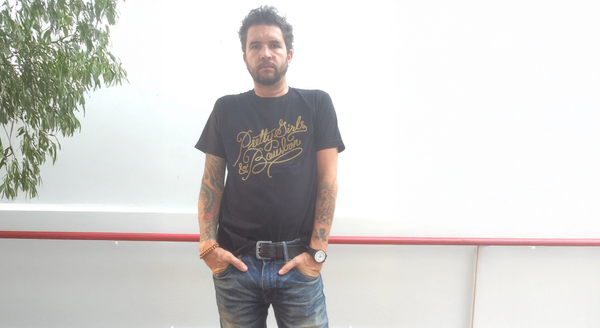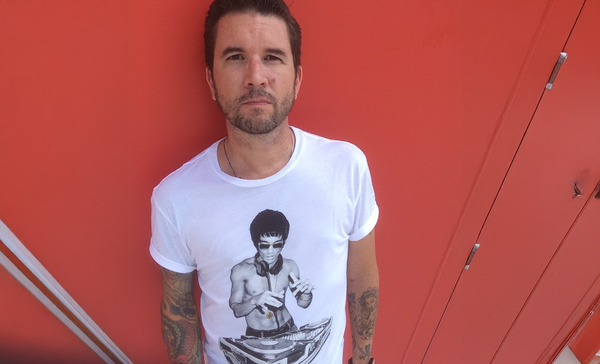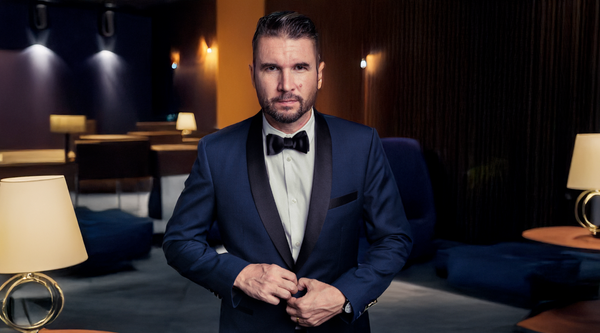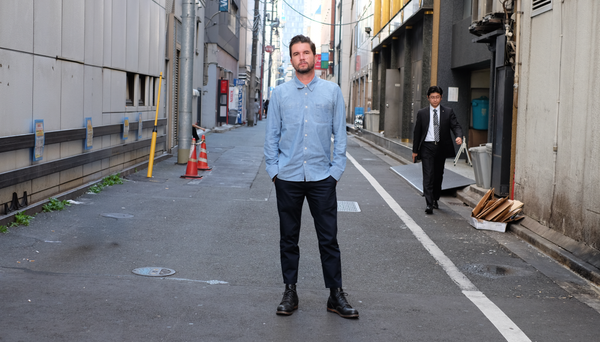More Poet than Peasant: A Reflection on Labels, Culture, and L’Oréal
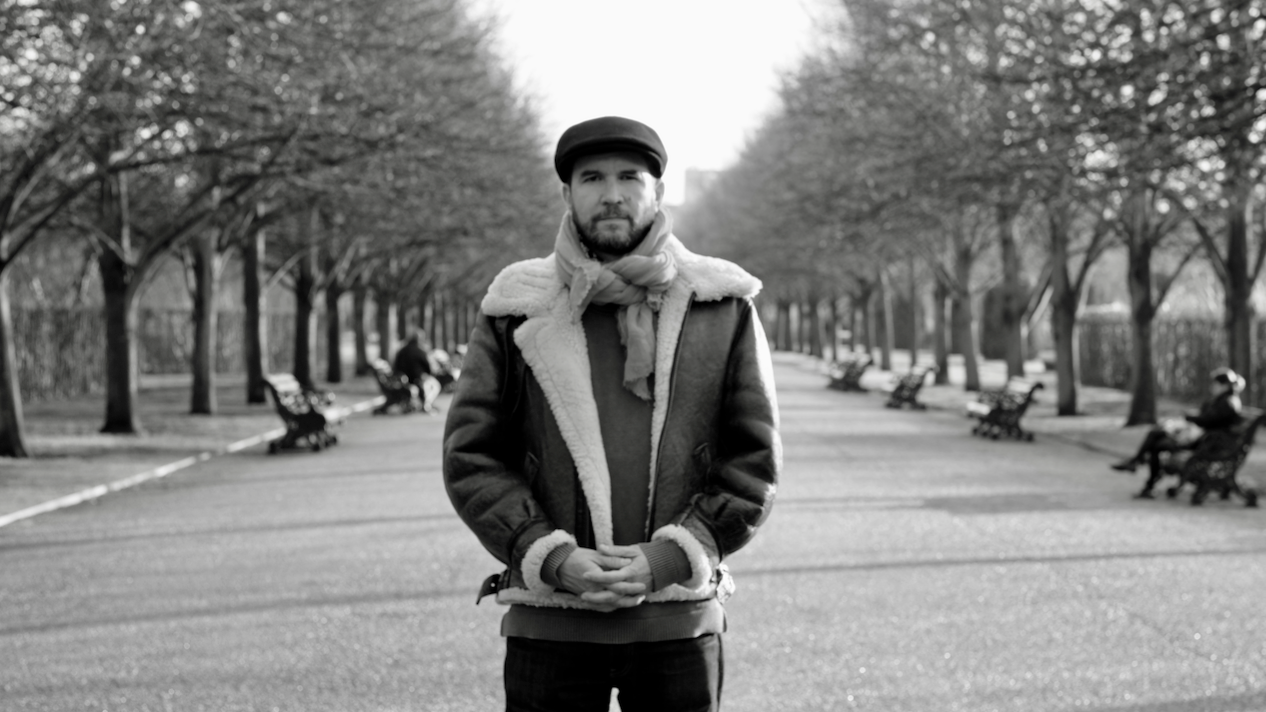
Recently, I interviewed for a strategic leadership role at L'Oréal. A few weeks after the interview, I was told I was “more Poet than Peasant” and not selected for the role.
More Poet than Peasant.
Let me back up a bit.
Periodically, headhunters reach out to me, as they did for this role.
I don’t actively interview. I take selective meetings or turn over rocks when the opportunity seems like an exceptional fit, like this one at L’Oréal: a healthy mix of brand leadership, culture, technology, and storytelling.
I'm willing to listen when the right roles come along, at progressive companies, with provocative remits, at organizations that take real stands on DEI (and bonus points for aging and career longevity).
I have long admired L’Oréal.
Their vision of “tech-led beauty” strikes me as both bold and necessary for the industry's future. Their purpose-driven culture is legendary. Their stance on sustainability is admirable and supported by tangible commitments.
Their leadership in celebrating older knowledge workers is public, visible, and important for their brand and the larger corporate world.
I went into the interview process excited, even hopeful, ready to join a brand that seemed to value both the art and the science of leadership.
The interview went well. I spoke about leading strategy, driving growth, embracing technology, and helping brands navigate the profound changes AI and culture are creating.
But as the conversation progressed, I could feel a subtle tension.
When asked for examples of short-form, highly ephemeral work - content under 30 seconds - I realized I was out of sync with what was expected.
I don’t do short-form for its own sake. I view it as an artifact of larger strategic work. Its not what I do. I am at my best with long-form thinking, longer timelines, longer horizons, developing the systems that produce dozens of short-term artifacts, not just the artifacts themselves.
In my post-interview debrief, I was informed that while I brought some interesting experience and thinking, I was more “Poet than Peasant.”
Poet Versus Peasant
L’Oréal uses this metaphor to describe its approach to culture.
In May 2022, Laurie Leibach, SVP of Talent at L’Oréal USA, explained it in an interview at UNLEASH America:
“Poet and peasant really describes our capacity to both invent, dream and strategize like a poet, but then also be very pragmatic side-by-side with each other… to really make things happen.”
It’s a memorable metaphor, and it has stuck with me ever since, not as inspiration but as discomfort.
“Poet or peasant.”
No matter how carefully it’s framed, the language creates an old-world hierarchy. It splits workers into two camps:
- Those who dream, and those who toil.
- Those who see possibilities and those who execute instructions.
Even if the spirit of the metaphor is meant to honor both sides, the phrasing carries baggage. And in a company that publicly champions diversity, innovation, inclusion, and anti-ageism, that kind of framing felt… out of step.
I can accept that I wasn’t the right fit for this role. I can accept, and even take pride in, that I am more poet than peasant. Hell, I’ve worked hard to reach the level of both thinking and applied craft that my clients now benefit from.
But what stays with me is this:
Even with their positive spin, “poet and peasant” is inherently hierarchical and condescending.
Poet implies imagination, artistry, and intellectualism.
Peasant implies labor, servitude, and a lack of sophistication.
No matter how L’Oréal frames it (“we value both!” etc.), the choice of words sets up a power dynamic:
One group dreams; the other grinds.
One group creates; the other executes.
It’s also old-world language: “peasant” evokes feudal societies where peasants had no upward mobility. It feels tone-deaf in a modern workplace that champions equality, innovation from all levels, and inclusion.
Better metaphors exist if they truly want to balance imagination and action, which respect both roles without demeaning one.
The Power of Labels
I still admire L’Oréal. Deeply. This experience hasn’t diminished that admiration but it has sharpened my awareness of how important it is for organizations to align their hiring practices, their language, and their values, not just in marketing materials, but in the lived culture they build and nurture.
In June, I’ll be leading a workshop on Ageism for the IAA Singapore. One of the first things I did when preparing for this was to challenge the current labels being used, labels like “Silver Sages.”
The research I am doing for this workshop, combined with my experience interviewing with L’Oréal, has made me acutely aware of how language, even well-intentioned language, can entrench old ideas.
The Work of Humans, Not Labels
But the truth is - I am neither poet nor peasant.
I am a builder of ideas and a maker of outcomes. I think deeply and I work relentlessly. I create not just for myself, but for the teams, clients, and communities I serve. I stay curious. I stay in motion, building, thinking, making, and sharing.
To me, leadership isn’t dreaming from afar or grinding in isolation. It’s the constant weaving of vision and action, imagination and execution, purpose and practice.
That’s not poet work. That’s not peasant work. That’s human work at its highest, and I’m proud to keep doing it. Because the future doesn’t need poets or peasants.
The future needs humans.
You might appreciate my book To Question Is to Answer: How to Think Critically and Thrive in the Age of AI. It’s not about mastering prompts, It’s about reclaiming your role as a thinker in a world of systems designed to nudge you into performance.
